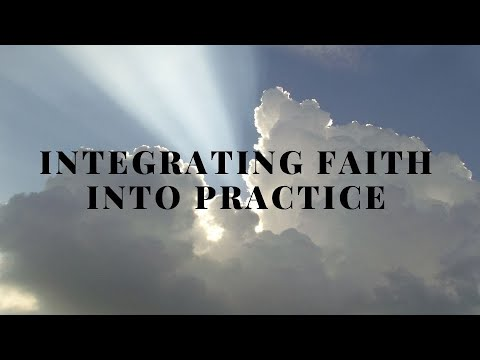Ramadan begins tomorrow, 2/28/25, at sundown. There are approximately 1.9 billion Muslims in the world. It would be downright rude to blithely ignore the significance of this time for our Islamic neighbors. Yet, I would guess many Americans are completely oblivious. I state that as a matter of course, not pejoratively. I want to believe that many Americans of other faiths or no faiths are not hostile to Muslims, just ignorant of Islam. I know I am.
At the start of February, black history month and my birth month among other things, I shared on Facebook some black authors I was currently reading (Alice Walker, Margaret Busby, H. Cordelia Ray, etc.). I stressed that in the case of these specific authors, I read to self-educate. I also invited anyone perusing my posts to go beyond just February. Read good blacks authors year round. There are plenty to choose from. Especially if one is of a privileged class (male, white, educated, employed, middle class, etc.), read perspectives different than your own. I have tried to a make a practice of this over the last decade. From Martin Luther King Jr. to James Cone to Cornel West to Michelle Alexander, and many, many more, I have learned much. I am trying to shed the blindness and indifference privilege has repeatedly poured over me.
Now, in Ramadan, I continue. At the end of his musings over his upbringing in Cairo, 20th century philosopher Edward Said (Anglo-Palestinian) describes a pianist, a student of his friend I. Tiegerman. Said says of this Egyptian pianist, "[she was] a stunningly fluent and accomplished young married woman, a mother of four, who played with her head completely enclosed in the pious veil of a devout Muslim" (p.275). Said continues, "Neither Tiegerman nor I could understand this amphibious woman, who with a part of her body could dash through Appasionata and with another venerated God by hiding her face. ... She was an untransplantable emanation of Cairo's genius."
Said's Muslim pianist serves as an avatar for my own heart toward my Muslim neighbors. I want to appreciate her musical ability, something not tied to race, gender, or religion. I also want to honor her story, which cannot be told without appreciation of her race, gender, religion, nationality, and social station. Of course, Said's pianist lives in the 1950's in Egypt. I am in Chapel Hill, North Carolina in the 2020's. I do, though, have my own experiences with Muslims. There's a school that uses space in our church. Daily, I see teachers and parents, people not affiliated with the church. How can I be a good neighbor to all students and teachers, and especially to those who are Muslim, who might not expect someone like me, an evangelical pastor, to be a good neighbor?
That epithet, evangelical pastor, is so loaded. Is there a political connotation that I embrace or eschew? What assumptions might be made by one who hears me self-categorize as evangelical, and, pastor. For me the moniker is a statement of purpose. 'Evangel' literally means good news that must told. So, I must tell the world that Jesus Christ is Lord, and that in his coming, one can half forgiveness of sins and life in his name. He died for the sins of the world, rose on the third day, and invites all who put their faith him to receive salvation. Believing that makes me Christian, and sharing it makes me evangelical.
Jesus is the principle point of departure for Muslims and Christians. Christians believe he is the second person of the trinity, God in the flesh, and the only way to salvation is through faith in him. Muslims believe he is a prophet, but not the Son of God. To be Muslim, one cannot believe Jesus to be the Son of God. To be Christian, one must believe that is exactly who Jesus is. The difference is irreconcilable. However, it need not be a hostile divide. Christians can treat their Muslim neighbors with respect. Jesus' story of the Good Samaritan clearly conveys that we who follow Jesus are commanded by him to love our Muslim neighbors.
For me, that starts with understanding. During Ramadan, I intend to do a lot of reading about Islam by Muslim authors. And I will pray for how to have respectful, meaningful interactions with Muslims I meet daily. Said, wrote that he never had a conversation with the Egyptian pianist even though he saw her play many times. I don't to look back over Ramadan and say, "Well, I walked past Muslims many times, but we never talked." I pray God will open doors.
Here's the collection of essays I'll be reading, Progressive Muslims (edited by Omid Safi).





















